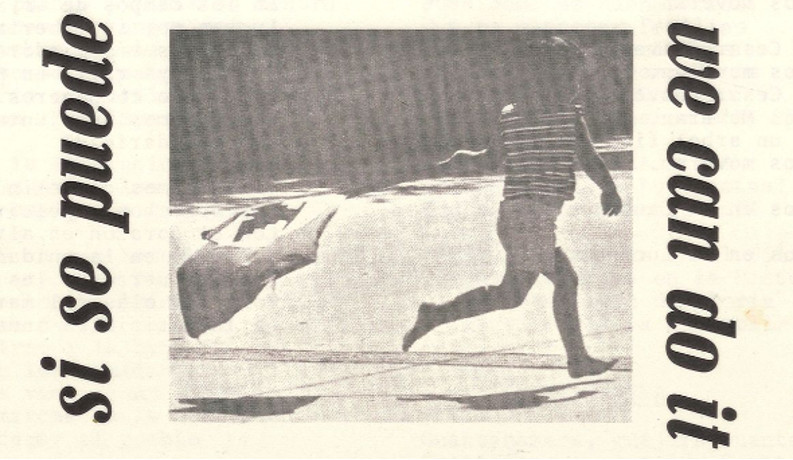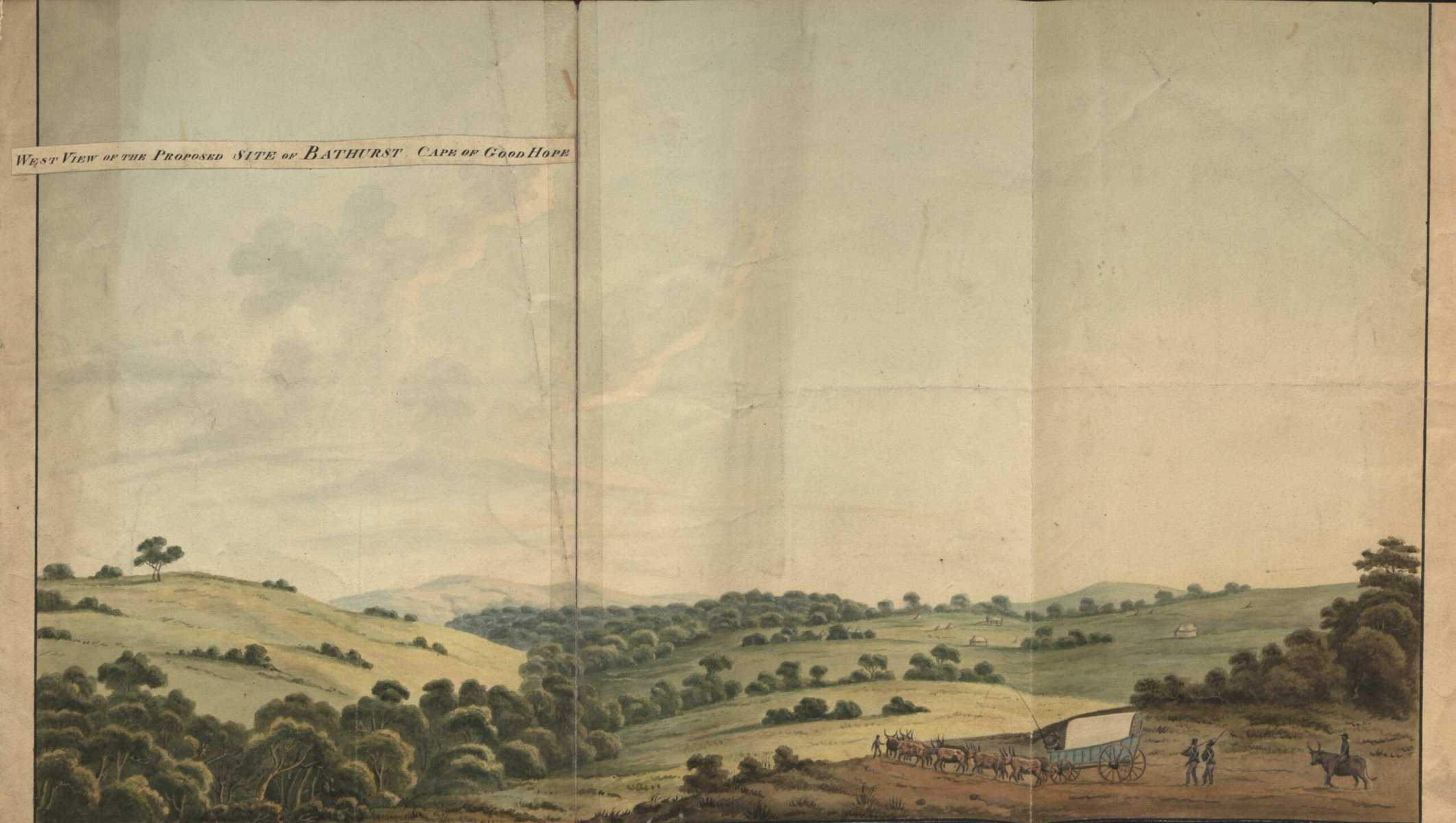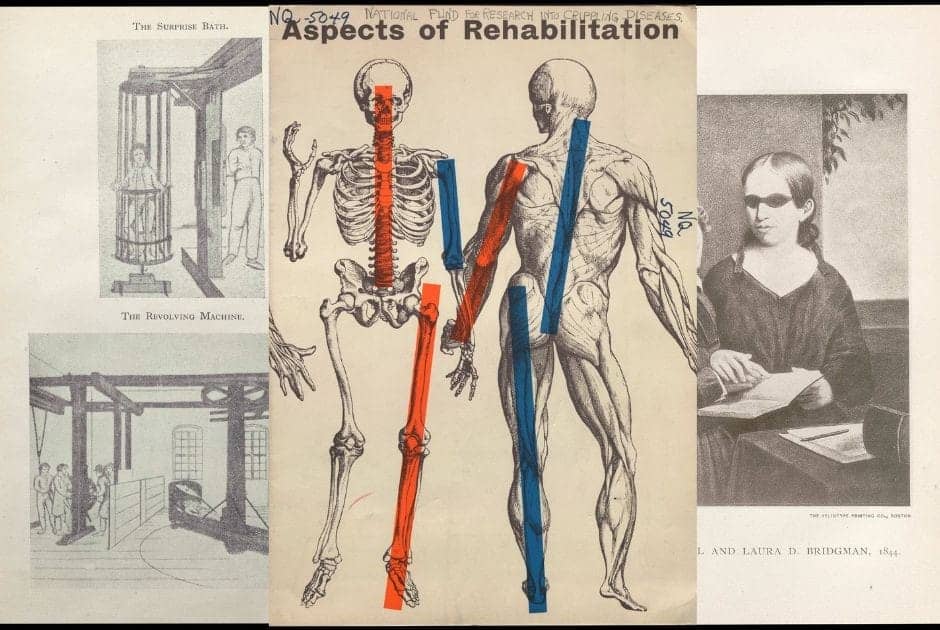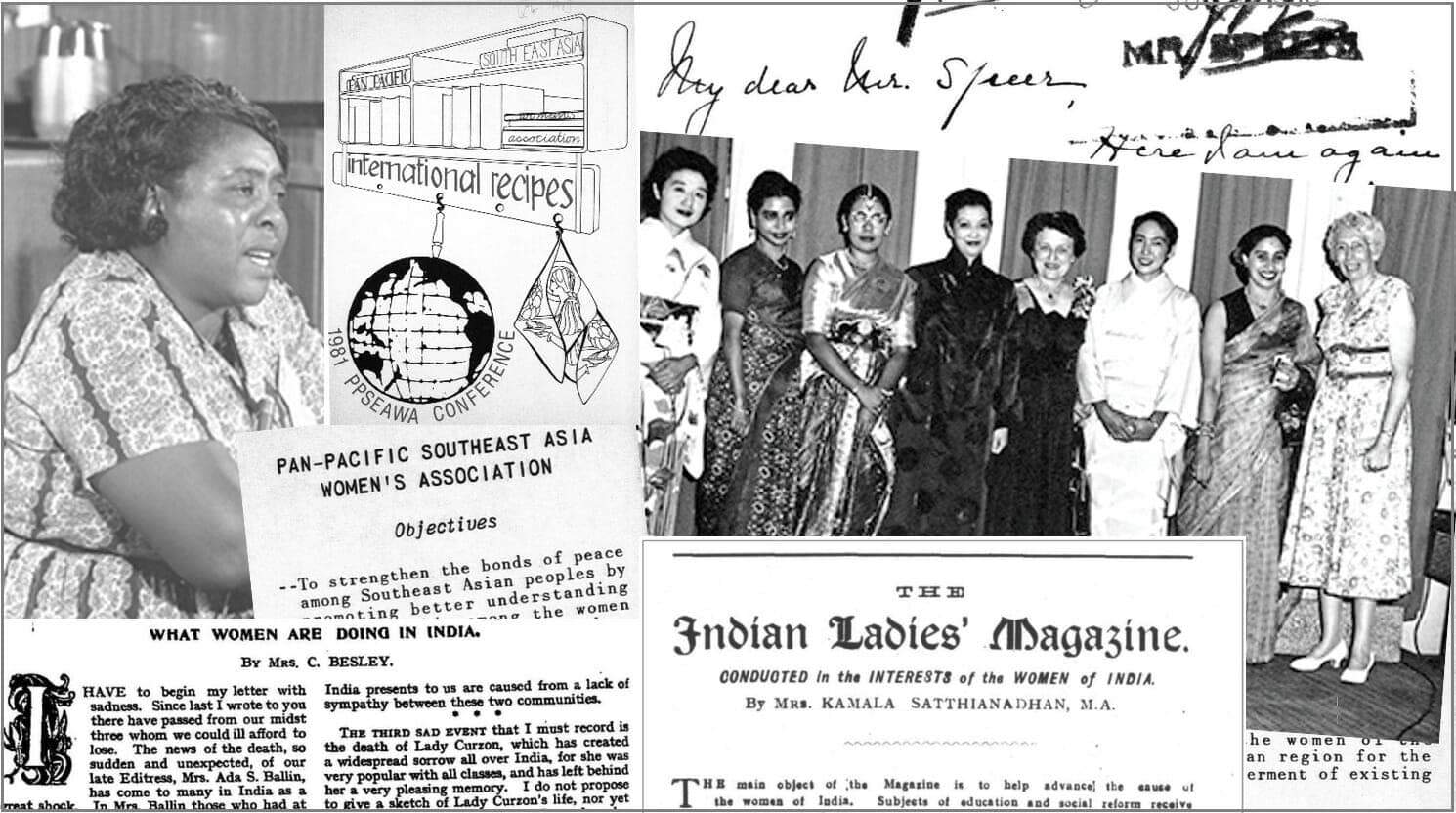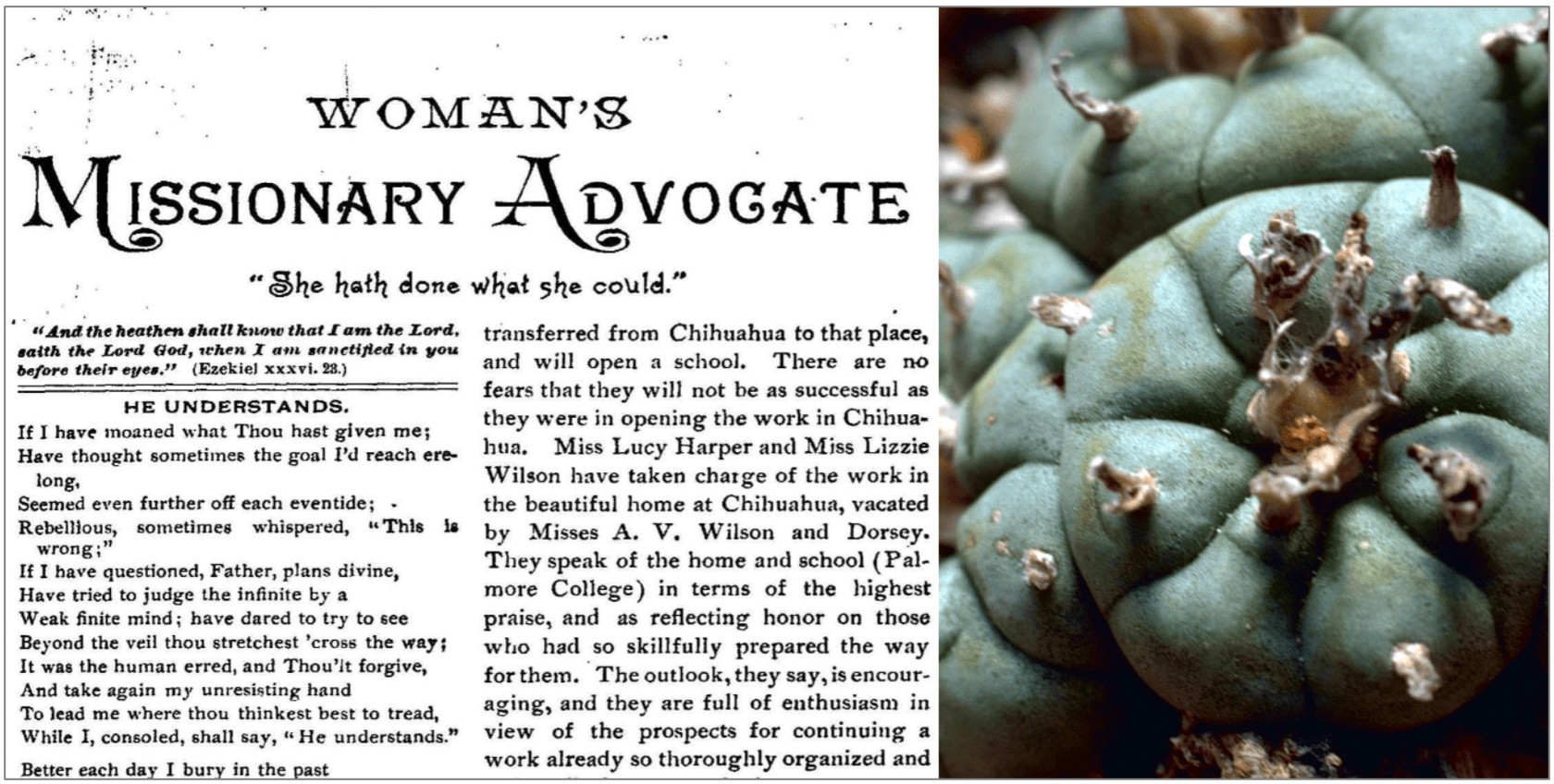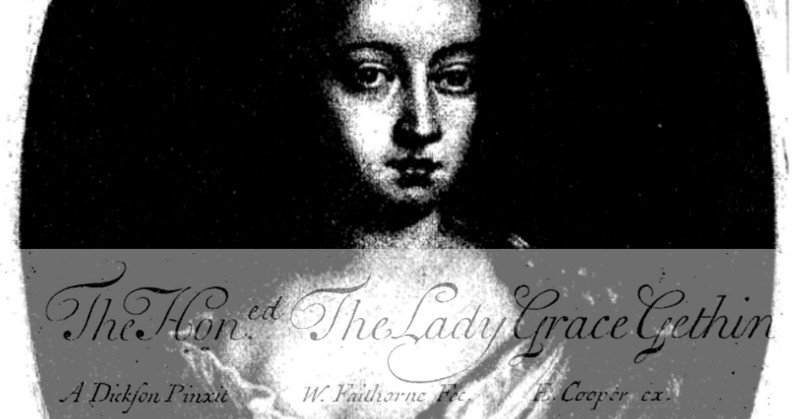│By Ray Linn, Gale Ambassador at Maynooth University│
I started studying Spanish nearly 8 years ago now, but it never interested me so much as last year, in the final year of my undergrad degree, when I enrolled in a Chicano/a Literature module. I hadn’t studied literature much previously, but in that class, I learned how essential it is to living. It allows us to connect with people whose experiences are different from our own, and to see the world through lenses that were previously unknown. But reading requires context. Using primary sources allows me to contextualize what I read when it comes from cultures and histories I’m unfamiliar with, allowing my view to expand and my understanding to grow.

